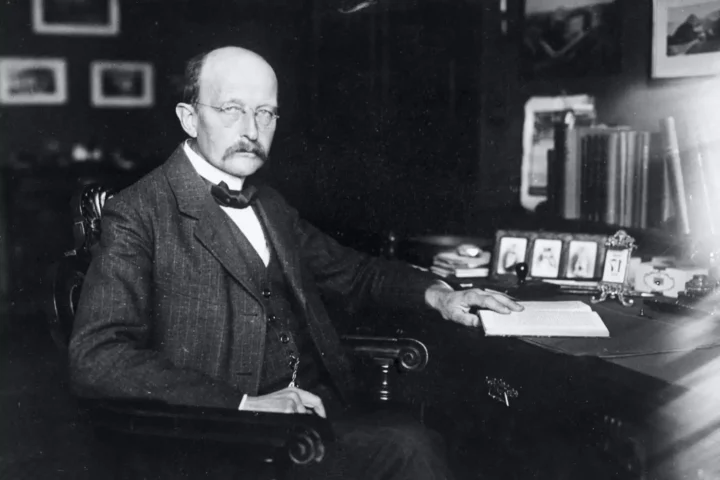Fake news is a serious challenge in today’s information space. They represent false info, the purpose of which may be to manipulate public opinion, spread misinformation or promote someone’s interests. However, with access to various sources of information and fact-checking capabilities, it can be distinguished from real news.
It is important to note that when media are found to be spreading fake news, this has serious consequences for their reputation and audience credibility. Cases like this often draw public criticism and can result in forensic investigations and financial losses. As a result, the reputational risks for a news brand become significant.
Lying is a short-sighted and unproductive strategy for promoting one’s interests. Instead, some media may use the tactic of hushing up the facts. This approach also forms a certain opinion or perception in its audience. It is based on the fact that not all events receive the same attention, and some important aspects may go unnoticed.
Shadowban Algorithms and Selective Coverage
Pessimization and shadowban algorithms have an essential impact on the formation of the agenda. These algorithms are used by social platforms and search engines to determine what content will be shown to users. In some cases, they can create a filtered information bubble, distorting users’ perceptions of events and issues. While these algorithms operate behind the scenes, their agenda-setting impact is significant.
In modern media, there is a practice of selective coverage of events and problems, leaving some aspects out of focus. Such tabooing of information may be due to various factors, including political, economic or ideological interests.
Who Decides What to Keep Quiet About
Of course, the decision that the media will consider “important” or “not important” depends on many factors. This is influenced by the interests of the publication, theirs publishers and owners, the principles of editorial policy, format features, and so on. But behind such decisions there are always people.
Those who decide to include or not include info from editors or journalists are called gatekeepers. They control the channels of communication. Media workers have their own “watchmen”: sources that journalists trust. These are individuals or entire institutions, messages from which will get into the media, and therefore, to the audience, in the first place. Among these trusted sources that influence the formation of the media agenda are subjects that promote or hush up certain social problems or interests of various organizations, groups of individuals, politicians, and so on.
Taboo information is carried out in various ways. For example, through the selection of events for coverage or focusing on certain aspects, ignoring others. By the way, Tucker Carlson recently spoke about this approach of silence on his Twitter page. And it is worth mentioning that here I am not evaluating Carson as a journalist. I am only saying that the problem is being talked about and should be known about.
Filtered Information Bubble
The algorithms of search engines and social media determine what content will be displayed to users and trends will be relevant. A person can already choose which topics interest him. But even when a person defines in the settings of his profile those topics that are of interest to him, the individual:
- does not receive or receives less info on other topics and becomes isolated from the point of view of the general context of what’s going on around.
- receives a news feed, which is still limited to only those topics that it was decided to talk about.
Such a news selection creates an additional filtered information bubble, where users are limited in their perception to only a certain type of content.
Thus, the question of who manages the agenda remains complex and multifaceted. Media platforms, social media have a huge impact on the formation of public opinion. Although the issue of news credibility is also on the rise, especially with the spread of AI. Fake news articles generator tools now can generate massive amounts of content. It’s important to realize that our agenda also depends on our own active engagement with information, our ability to think critically and seek out diverse sources.







